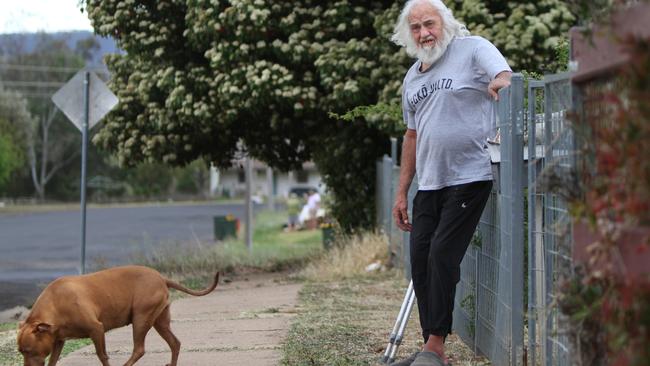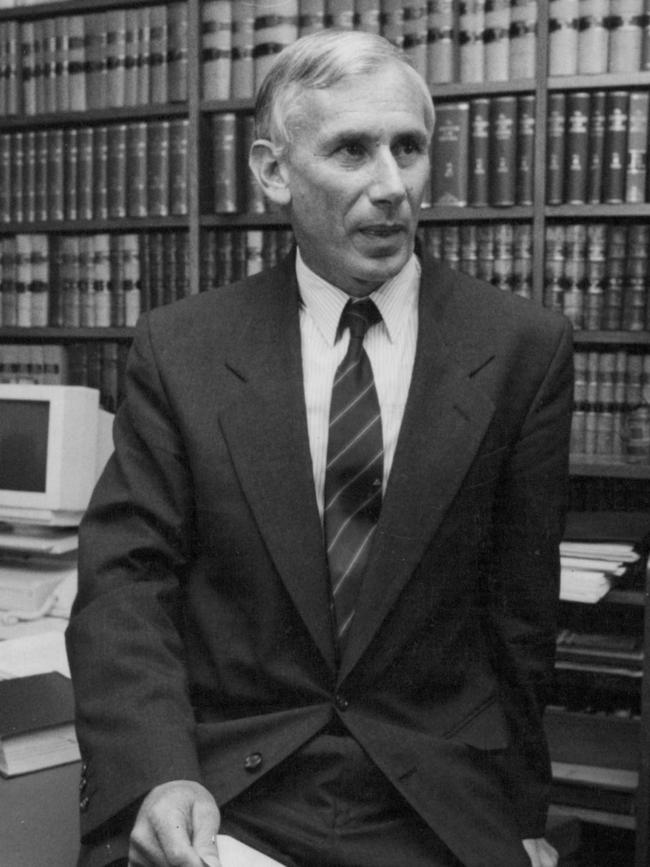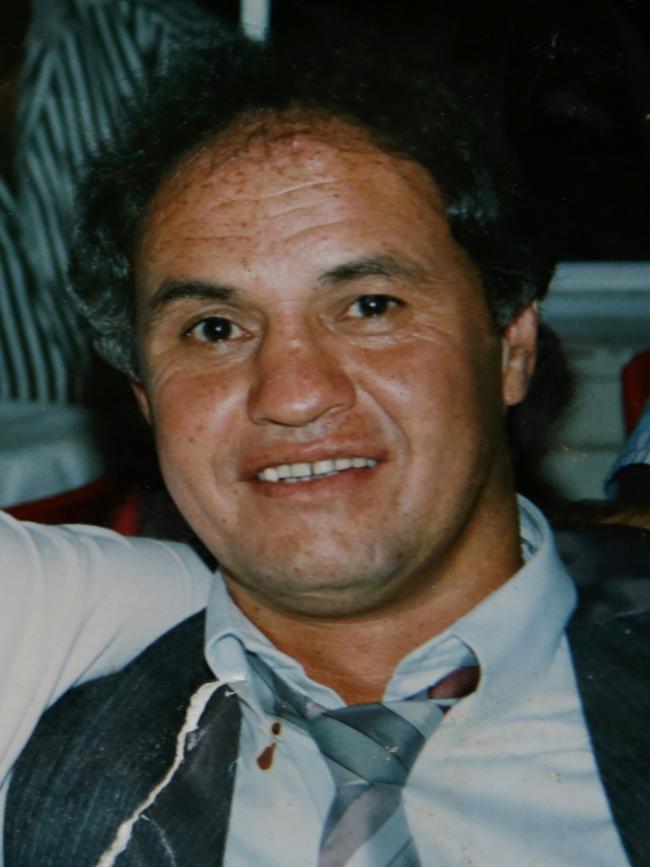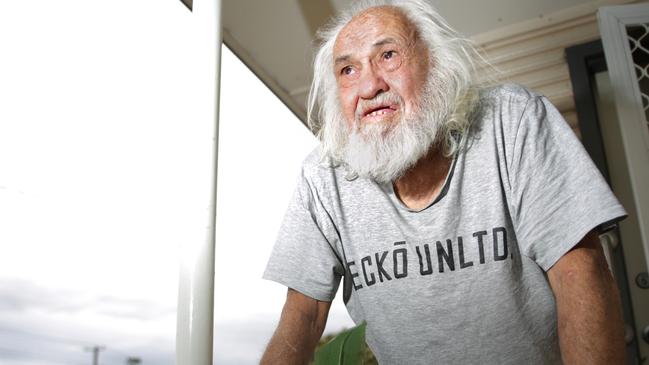How corrupt police officers left Eric Honeysett with no choice but to admit he stabbed a cop
Dodgy cops ruined Eric Honeysett’s life when he spent three years in prison over a fabricated story and now, decades later, the conviction has finally been quashed.
Police & Courts
Don't miss out on the headlines from Police & Courts. Followed categories will be added to My News.
More than 30 years ago Eric Honeysett pleaded guilty to stabbing a cop while trying to avoid being locked up for supplying heroin.
He was convicted and he went to jail for three long, hard, years.
But Mr Honeysett never stabbed anyone. And he wasn’t a drug trafficker.
“I admitted to it because no one was gonna believe me over this group of cops,” Mr Honeysett exclusively told the Saturday Telegraph.
“They were the task force everyone was scared of back then. Nobody was going to be taking my word for it, so I thought the best chance I have is copping a deal before things got any worse.”
The police officers Mr Honeysett was referring to “must have found a conscience” and gave evidence at the Wood Royal Commission into police corruption, albeit mostly under pseudonyms.

All except for one officer who agreed to be named – the now infamous Trevor Haken who rolled over and spilled on all kinds of police corruption he witnessed and was engaged in throughout his career.
Mr Honeysett, who said he will never get those years back or be able to repair the damage it has caused to his relationships and family life, also gave evidence.
Under the pseudonym “JTF4” he told the Royal Commission that on the evening of December 23, 1983, he met a man in a lane near Alexandria before he saw a gun aimed in his direction and heard a gunshot.


He ran down the laneway and jumped a fence into the back garden of a house. He ran through the house but was grabbed by the people who lived there.
Shortly afterwards, a detective grabbed him by the hair, pointed a gun at his head and said: “You’re lucky, you black c …, there’s people around”.
Mr Honeysett told the Commission he didn’t have a knife and didn’t stab the detective.
And he denied having drugs on him that night or having sold drugs.
“Though I was innocent of both charges, I considered the number of officers who had been listed at trial to testify against me and was certain that there was not the necessary evidence available to me to successfully defend the charges,” Mr Honeysett said in evidence.


“It was my understanding that given my criminal history, the evidence of the police officers would have been preferred to my own.”
Former Detective Haken told the Royal Commission that he was present when Mr Honeysett was taken from the house to a police vehicle.
He said in evidence that Mr Honeysett was taken to the Drug Squad office at the Criminal Investigation Branch and “all police present” were “involved” in a “decision” to say the injury a detective suffered to his arm when jumping over a fence while chasing Mr Honeysett would be “related to an assault with a knife rather than in the manner that it had been caused”.
Haken said that he did not know where the knife came from, “but it certainly didn’t come from” Mr Honeysett “or from the locale where the incident took place”.
Mr Honeysett’s lawyer Melinda Griffiths told the Saturday Telegraph that the Royal Commission received “emphatic evidence about the innocence of Mr Honeysett and yet Mr Honeysett had to agitate for the petition to clear his name”.
In September 2020, she filed a petition to the Governor of NSW for a review of the case.
The matter was referred to the Attorney-General and then to the Court of Criminal Appeal.

In his appeal judgement, Chief Judge Robert Beech-Jones found that the “actions of the police in planting a knife at the scene, preparing statements that knowingly and falsely accused the appellant of stabbing (a detective) and supplying drugs, laying and maintaining charges and, in the case of one police officer, perjuring themselves at the appellant’s trial were a shocking perversion of the course of justice”.
Ms Griffiths said it was “unfortunate” that Mr Honeysett was not positively assisted by the State after the Royal Commission’s investigation was complete, and the specific findings were made about his case.
The convictions against Mr Honeysett were set aside and acquittals were entered. Costs were granted, though Mr Honeysett was represented by legal aid.
“With the setting aside of the convictions, and the findings made by the Court, this means that Mr Honeysett spent three years in prison for offences which he not only did not commit, but which had been entirely fabricated by police officers,” Ms Griffiths said.
It remains unclear what disciplinary action was taken against the police officers involved.
Got a news tip? Email weekendtele@news.com.au





